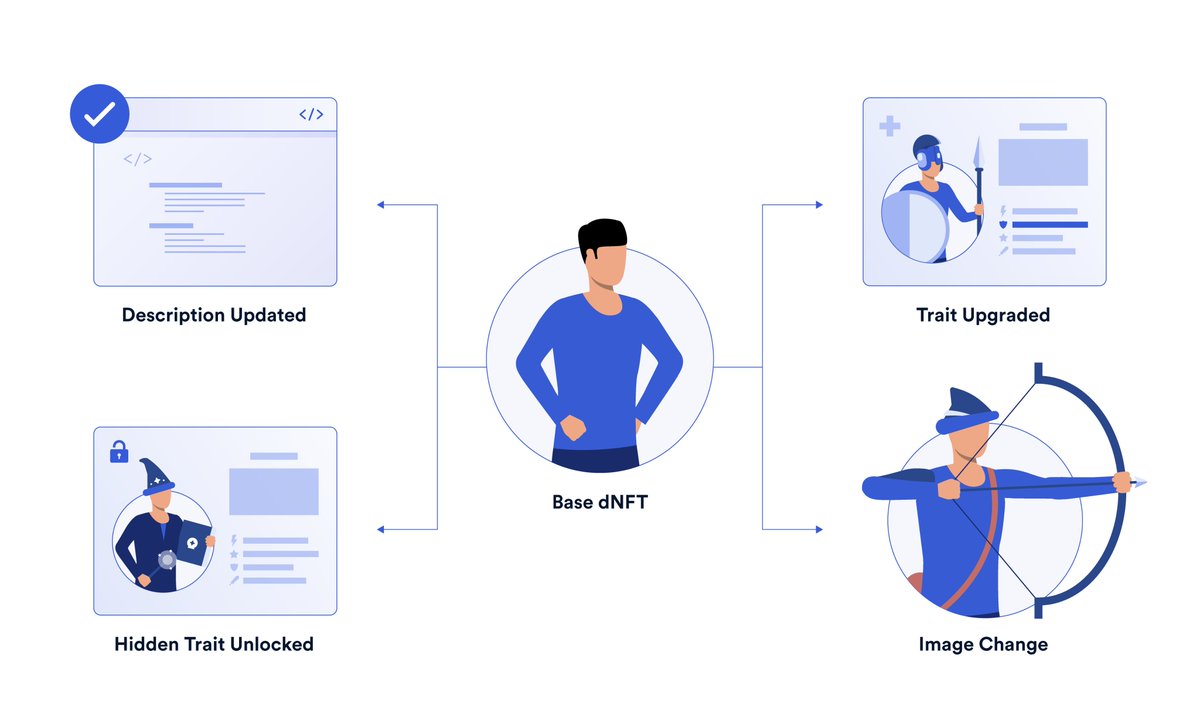
#Web3 builders across the world are coming together to learn about #Chainlink and the benefits of cryptographic truth.
This week, connect with your local Chainlink community at events in #Phuket, #NYC, #LA, #TelAviv, and #Chicago
This week, connect with your local Chainlink community at events in #Phuket, #NYC, #LA, #TelAviv, and #Chicago

On May 9th in Phuket, discuss the future of the #metaverse with leaders from @Dashpay, @initeio, and @master_ventures at this Chainlink Plugged-In event:
eventbrite.com/e/chainlink-ph…
eventbrite.com/e/chainlink-ph…
On May 10th in New York City, explore the #multichain future of Web3 and projects building on #Fantom with speakers from @EverRise and @FantomFDN:
meetup.com/Chainlink-New-…
meetup.com/Chainlink-New-…
Also on May 10th, join this event in Los Angeles for a discussion featuring @EverRise, @lisabeyu, and @unstoppableweb about how Web3 is supporting a fairer future:
meetup.com/Chainlink-Los-…
meetup.com/Chainlink-Los-…
On May 11th in Tel Aviv, meet up with like-minded community members and hear from @official_CVI on how to build and scale a Web3 startup:
meetup.com/chainlink-tel-…
meetup.com/chainlink-tel-…
On May 12th in Chicago, discuss the evolution of the Internet, #blockchains, smart contracts, and more at this Chainlink Plugged-In event:
meetup.com/chainlink-chic…
meetup.com/chainlink-chic…
• • •
Missing some Tweet in this thread? You can try to
force a refresh










